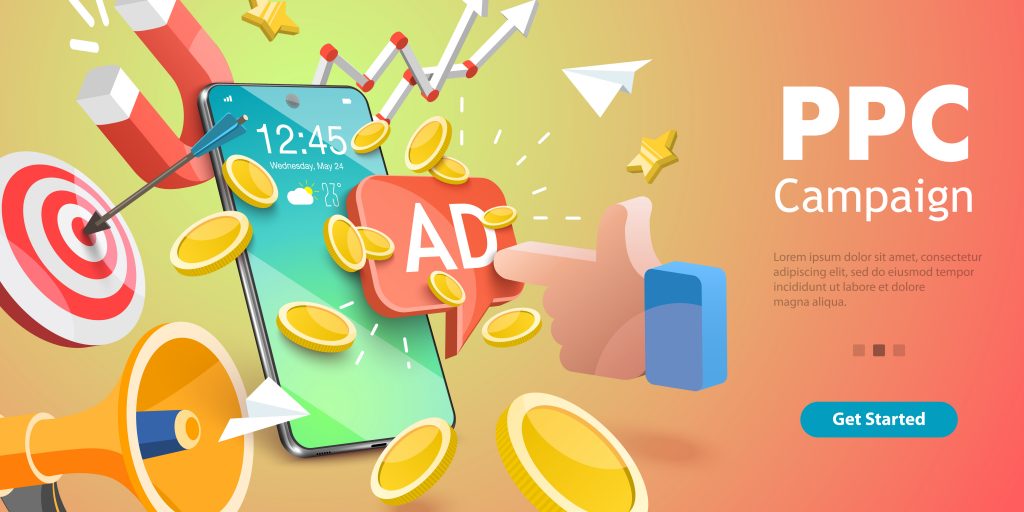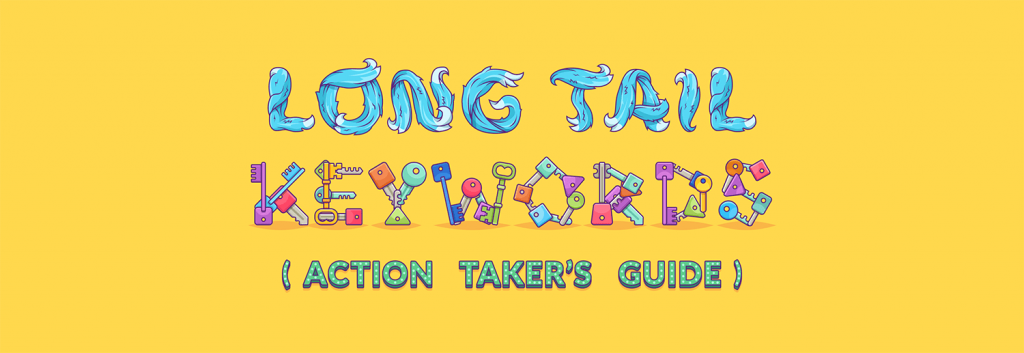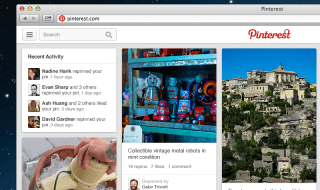
So, you’ve got a small business and you want to grow your business organically because that’s important for longevity and trust. And since you’re starting from scratch without any SEO ranking or content marketing-based ranking, it’s pretty much “break-even” in terms of which marketing route to take first.
If this sounds like you, you’re probably wondering which marketing strategy is best for small business growth. And while both Content Marketing and PPC have their pros and cons, it comes down to where your business is at in terms of the number of customers and purchasing power.
What Is PPC And Content Marketing?

Two popular forms of marketing strategies are Pay-Per-Click (PPC), also known as “Pay-Per-Action” (PPA), and Content Marketing. These two aren’t simple campaigns. Some might find them easy to launch, but they are typically hard to maintain. That’s why many small businesses prefer to hire marketing agencies to help them with these campaigns. You might want to check with companies like the Social Revenue marketing agency to know more.
Content Marketing is a strategy by which your business can create, publish, and distribute valuable content on blogs, websites, or social media to attract potential customers. Content marketing has the potential to get massive reach in a short amount of time without any cost to your business.
On the other hand, Pay-Per-Click (PPC), also known as “Pay-Per-Action” (PPA), is a strategy where your small business reel in potential customers and have them click on an ad that directs them to your landing page. These ads are usually placed on the top of search engine results pages where they get more views—and potential clicks.
Content Marketing and Pay-Per-Click Advertising both have their advantages and disadvantages. Depending on your business, you may find yourself leaning one way over the other more often. This article will explore their pros and cons to identify which marketing strategy works best for small business growth.
Pros of Content Marketing

Below are some of the best highlights if you’re going for a content marketing campaign:
- Long-Lasting Results – Content marketing is a strategy that will stick with your business for many years beyond the lifespan of PPC campaigns. If you produce valuable content, it will continue to bring in more and more traffic even after years from launching it. It may take a while to see results from the campaign, but with quality and relevance, you’ll continue to see an increase in traffic over a long period.
- Reaches A Specific Group – Content marketing allows you to target a specific audience, whereas PPC will target potential customers based on their search results. If your business is getting off the ground and has a small customer base with even smaller purchasing power, it may be best to start with content marketing.
- Engages Customers And The Whole Community – You can build relationships and brand awareness through blogging or social media. Customers will feel good about your business because they feel like they know you. Content marketing allows you to inform your potential customers about your product, its benefits, and how its uses can fit into their lifestyle.
Cons Of Content Marketing

While content marketing has great benefits, it still has downsides like any other campaign:
- Content May Be A Hit Or Miss – If you produce poor content, it could go against your business and cause harm to your overall marketing strategy. You should always be able to produce content that is at least better than your competitors.
- Takes A While Before Results Are Felt – Content marketing takes time and a lot of hard work, whereas PPC can get quick results. You may have written a good piece of blog, but it would usually take time before it gets enough readership and views.
- Needs Constant Engagement – If you do not spend enough time managing your content marketing campaign, it can turn into a disadvantage if it gets out of hand. For example, unanswered and unmoderated comments on your blog posts may invite a lot of spam and malicious links.
Pros of PPC

PPC Campaigns could also work for a lot of businesses. Below are just some of its advantages:
- Unless you stop paying for it, PPC allows you to run a campaign for as long as you want.
- PPC helps you find who is looking for your business or your product. This is great if you want to know your demographic better.
- You can launch a PPC campaign quickly to get a customer base fast. You just need to decide what keyword or type of product you want to appear when people search for them.
Cons of PPC

Even though PPC guarantees quicker results and better exposure, there are also some downsides. These are:
- PPC campaigns require constant monitoring. Monitoring search trends and popular topics related to your business is essential for PPC to work.
- While PPC campaigns can bring in hundreds or thousands of new leads, this depends on the niche and the amount of money you’re willing to spend. Depending on your niche and chosen keywords, you may be facing tougher competition as well.
- PPC campaigns could be very expensive as you’ll be paying for each click that your ad gets. The problem, however, is that not all of these clicks would result in a sale. So, this strategy may cost you more in the long run.
Final Verdict
Content marketing is great for small businesses with low budgets or those that have no large capital to spend on advertising. However, if you can afford it, PPC can be a quick way of gaining customers that you already know are interested in what you’re selling. Remember that all marketing techniques work together, and you’re not limited to just one. It’s best to identify what niche you are in, then consider the pros and cons of each form of marketing to see what will work best for your business.




